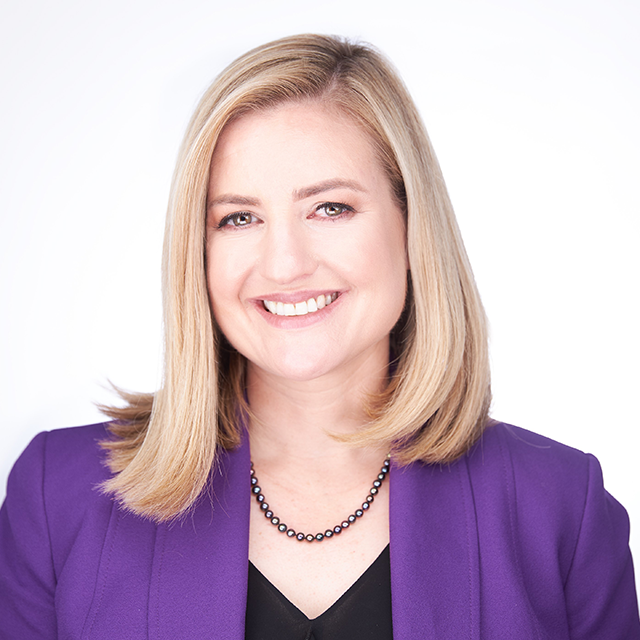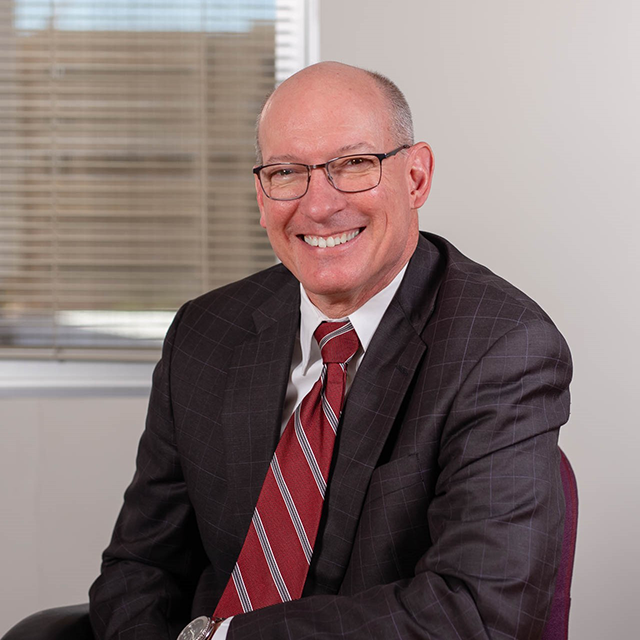Listen and subscribe to us on your favorite podcast platform
I think we are a very open community, so we’re willing to try new ideas and new technology… When I talk about that technology that prevents, hopefully, or reduces fatalities with pedestrians crossing streets, we are by far the largest city anywhere to use it, and that’s a risk. But if we’re going to save lives, if we’re going to solve problems, we have to try new things.
Phoenix Mayor Kate Gallego
What I’m focusing on now is getting people to pause for a moment to just think about what does AI really do? What risks are in there? Let’s talk about the quality of your data, access to data. Let’s talk about potential bias in our data. Let’s look at risks associated with any decisions that might be made using output from AI.
Dr. Stephanie Dietrick, Chief Data and Analytics Officer, City of Tempe, Arizona
Artificial intelligence is advancing and intersecting with nearly all professional sectors today, including local government. However, without much AI-specific policy yet established at the federal or state levels, many cities are learning to navigate this emerging technology on their own.
A combination of public policy and residents’ openness to new ideas in the Phoenix metropolitan area has made it an ideal place for the launch of pioneering technologies like autonomous vehicles. Now, cities here are considering ways that AI can be applied to local needs—applications such as fast and accurate updates on local water supply and improved traffic safety measures.
Considering the recent expansion of US-based AI firms and a boom in semiconductor manufacturing, it seems there is no longer a question of whether AI will become a routine part of our lives—it is a matter of when. If this proves to be the case, governments at all levels will need to become familiar with the risks and advantages of this quickly evolving technology to ensure its thoughtful and equitable use.
“AI and the future of the city” was a central theme of this year’s Smart Region Summit, convened by Arizona State University and partners. In this Ten Across Conversations episode, you will hear highlights from two discussions at this event, moderated by Ten Across founder and executive director Duke Reiter.
Listen in as Duke explores the incorporation of artificial intelligence at the city level with Phoenix Mayor Kate Gallego and three information technology experts from Phoenix and Tempe, Arizona, and Cleveland, Ohio.
Guest Speakers

Kate Gallego is the 62nd mayor of Phoenix, Arizona. In 2020, Mayor Gallego was re-elected to office with highest number of votes ever cast for a mayoral candidate in the city. During her tenure, she has also helped secure the city’s largest business development deal — a $40 billion TSMC semiconductor manufacturing plant and fostered the creation of the nation’s first publicly funded Office of Heat Response and Mitigation.

Elizabeth (Liz) Crowe, Ph.D is the Director of the Office of Urban Analytics and Innovation for the City of Cleveland, Ohio. Liz is an economist, researcher, and experienced data manager responsible for monitoring and assessing program and service delivery to the citizens of Cleveland.

Stephanie Dietrick, Ph.D is the Chief Data and Analytics Officer for the City of Tempe, Arizona, and program director for the Masters of Advanced Study in GIS Program at Arizona State University. Stephanie also wrote Tempe’s Ethical AI Policy, which is believed to be the first local policy of its kind in the U.S.

Steen Hambric is the Chief Information Officer for the City of Phoenix. Steen has over 33 years of IT experience at the federal and local levels, and more than half of his career has been spent in executive leadership roles. Since joining the city in 2017, he has championed many citywide, multi-year projects designed to upgrade telephone and internet connectivity using COVID-related federal dollars.






